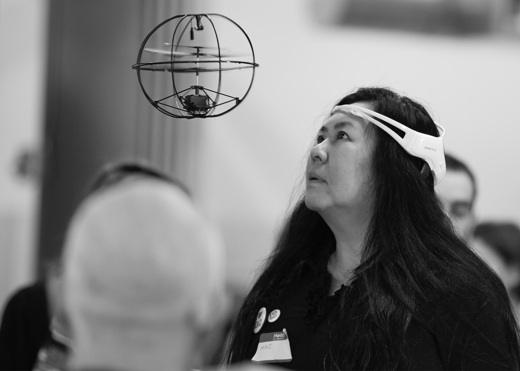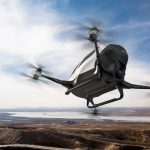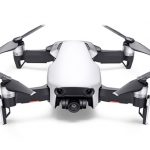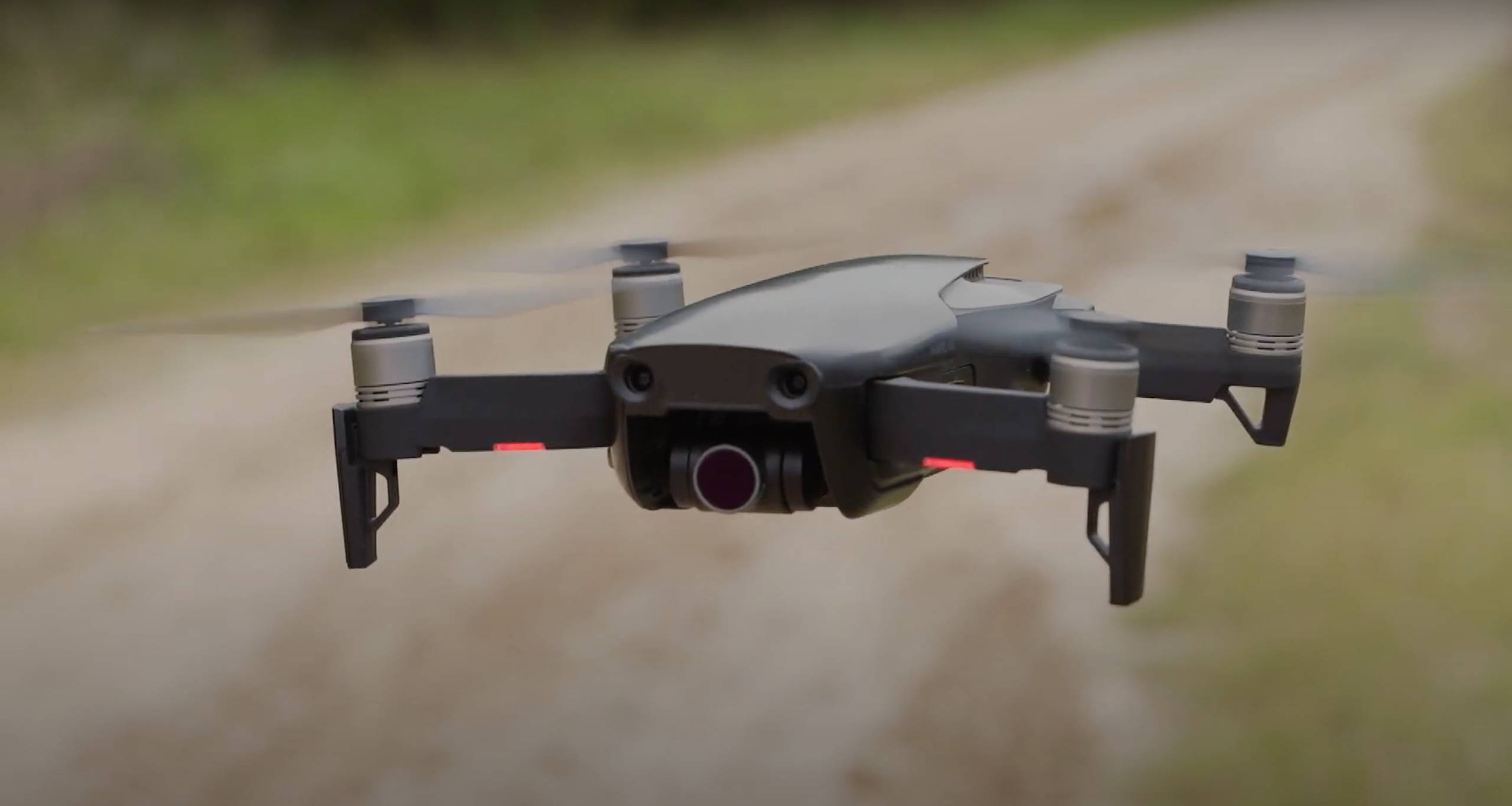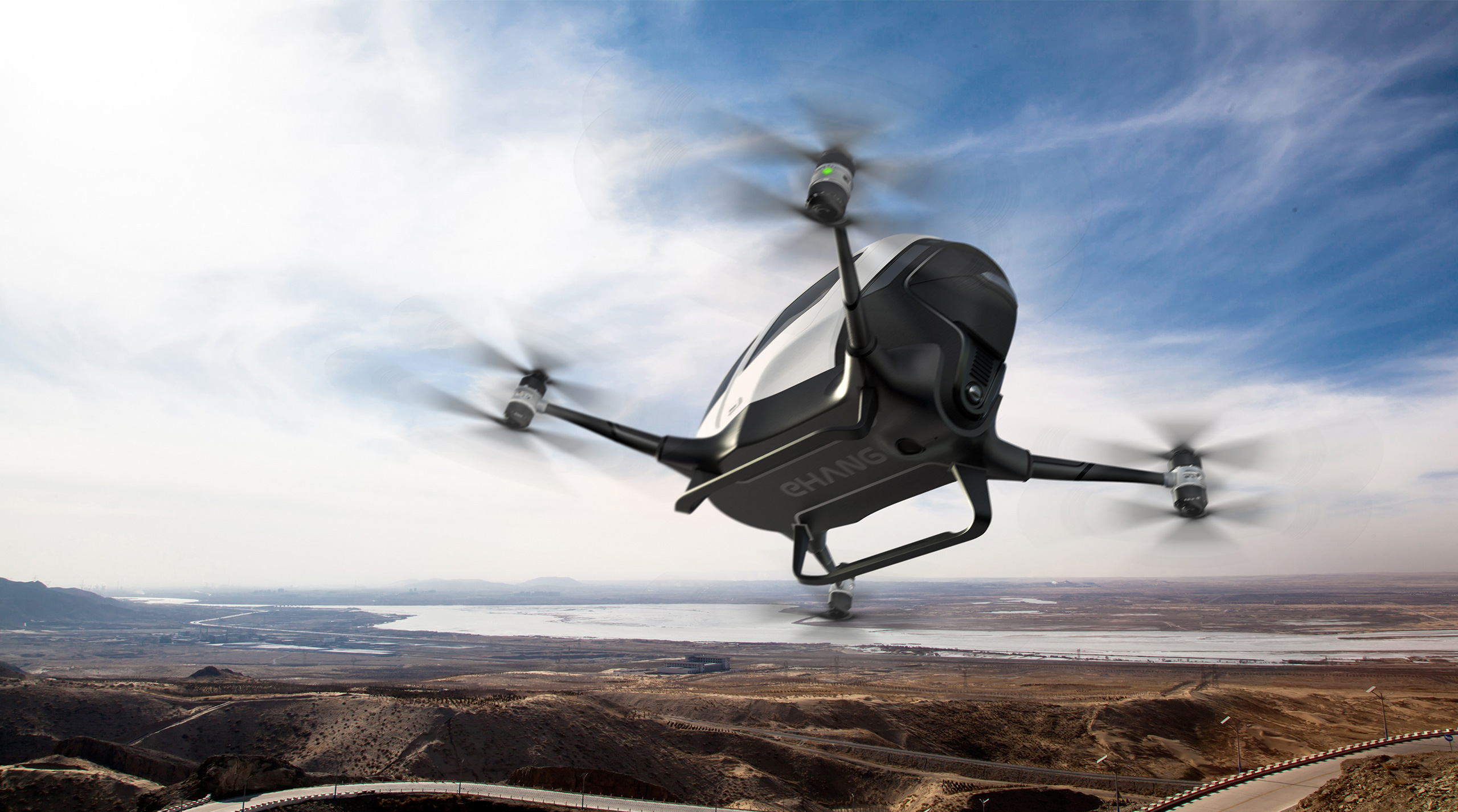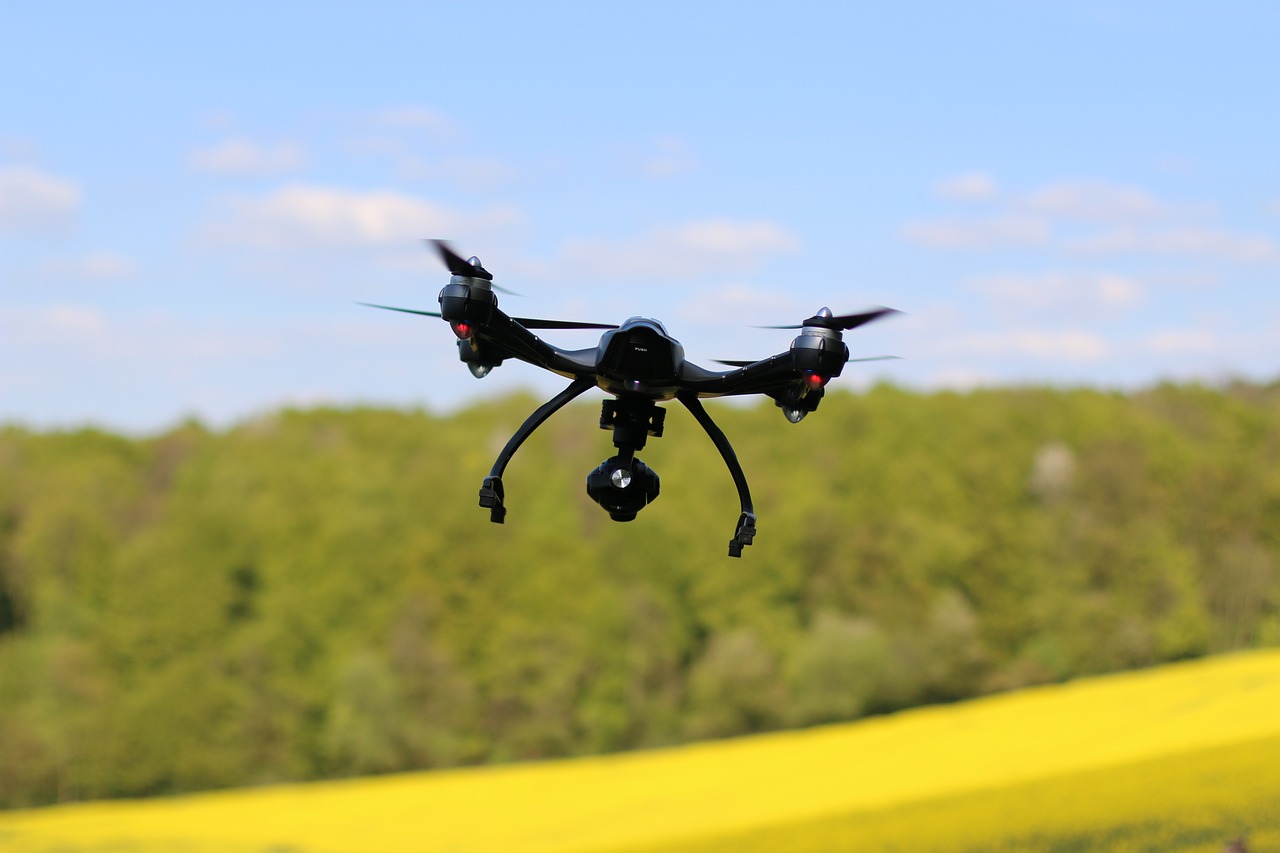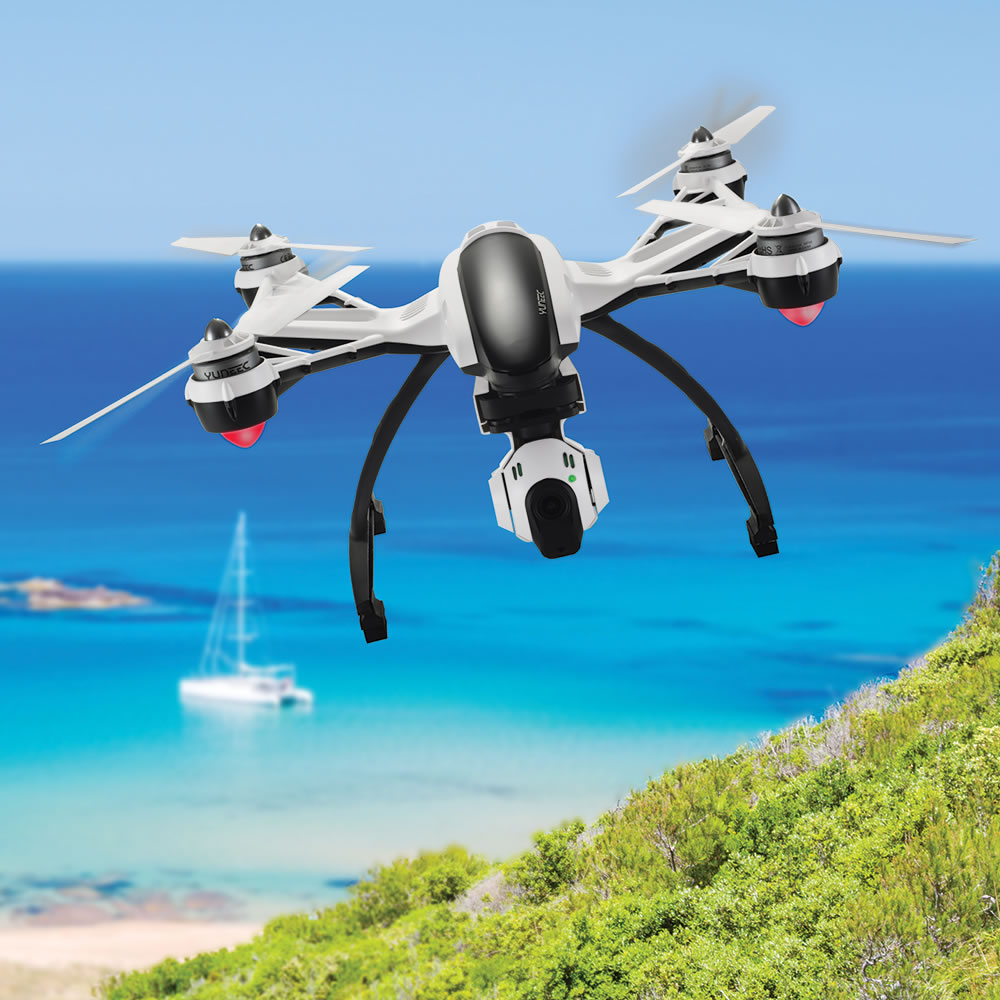
Drones have been playing a huge part in the technology world lately. Whether drones are being used for training the military, or flying people around, a lot has changed since the first drones. Now, there are even drones that you control with your mind.
During the Global Education and Skills Forum in Dubai, Emotiv, which is an Australian-based company, unveiled a headset that monitors your brainwaves. This allows you to control electronic devices, including drones, with your mind. Although drones are the public’s main focus right now as that is the technology that has been tested and released, that is not Emotiv’s primary focus. Their technology can be harnessed for much more.
How Do Emotiv’s Headsets Work with Drones?
Emotiv’s headset is an electroencephalogram (EEG) device, so when you put it on, it picks up your brain’s electrical impulses through sensors on your scalp. The electrical impulses are then recorded on a computer and are then used to translate your thought patterns into flight instructions for the drone. So, you think of something, and then that thought pattern is associated with the drone taking off, or whatever other control. The output from your brain is turned into input that can be used for flying drones, or even other devices.
Current Uses
Although the headset was just shown to the public as a way to fly a drone with the mind, it is currently being put to use for other things. Instead of being used to control objects, Emotiv is currently putting the focus on measuring the stress levels and concentration of the user. This will allow for more to be known about the person’s physical and mental functions. Then, once the company has all of the data necessary, they will be using their research to, “…[transform] anyone into a Jedi” (techradar).
Emotiv wants their headset to be more than just a cool trick. That is why they are putting so much work into mapping people’s thoughts and using it to measure their brain waves. According to the president of Emotiv, Olivier Oullier, “what is more important than the hardware is that we have this community of people that are sending us the data, and that we’ve got the data scientists and machine learning and deep-learning algorithms that allow us to identify patterns” (thenational).
The company has 120,000 people in 120 countries using the headsets in order to build a database of how the brain functions under different conditions. Everyday activities are recorded from all of these people, which gives data that can be used to create so many different forms of technology ranging from apps to mind control headsets to help us with everyday tasks.
Looking Towards the Future
As connected devices become more and more popular, Emotiv’s mind control technology seems more and more advantageous. Right now, people are focused on drones or smart devices that are connected and controlled by voice. With their interface, people will be able to talk to and control any connected object with just their brain.
People are already using the headsets for devices. There are YouTube videos of people using it to control their TV and Oullier has said that someone controls their Philips Hue lights with it. However, maybe the most helpful application of the headset is for disabled people.
Right now, there is a user who is completely paralyzed and uses the headset to write emails. That alone is amazing, but imagine what else the headset could be used for. People with disabilities will have the chance to complete everyday tasks easily and on their own, so this technology is really changing lives for the better.
Last year, the company worked with a Brazilian who was paralyzed in a car jacking, Rodrigo Mendes. He was a racing fan, and Emotiv gave him the opportunity to drive an F1 car using only his mind, something he never would have been able to do otherwise. Emotiv has the chance to change the lives of disabled people so that they are able to do almost anything an able-bodied person can.
Other Applications
The headset will not only be helpful to individual people, but it will also allow for advancements in other products from other companies. Any device that is currently controlled using your hands or your voice, such as quadcopter drones, could use Emotiv’s technology to allow it to be controlled by the mind.
Take Microsoft’s HoloLens and other AR glasses for example. Right now, one of its downfalls is that you have to do some interesting gestures to control the device, so imagine getting rid of those gestures and just thinking the controls. This technology has huge potential in many areas of people’s lives, and according to Oullier, it’s not far off.



